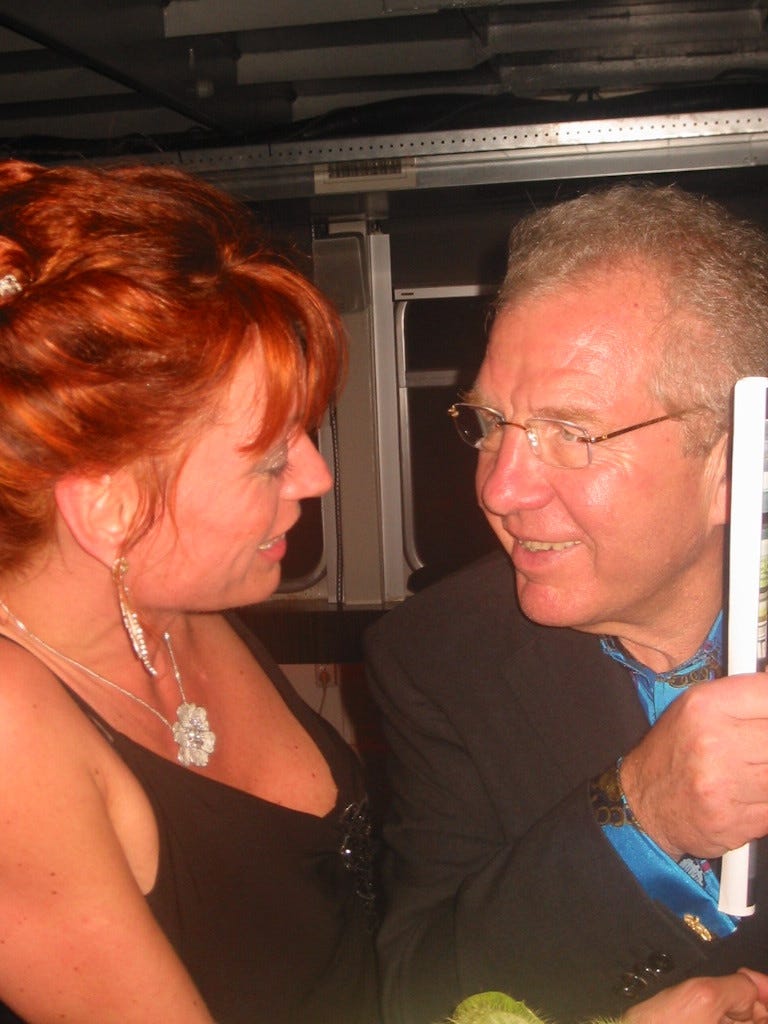The Good Ones Always Come Back
Why letting people leave can be a good retention strategy
I had been burning the candle from both ends for far too long.
The pride I once felt every time I walked through the personnel entrance of the hotel had turned into a nauseous churn in my stomach as soon as I saw the sleek skyscraper on the horizon during my daily walks to the office.
As the company quickly grew, adding almost a hotel a week to our portfolio, it was exciting, challenging, and amazingly fun. For a while…
Whenever something needed organizing, reorganizing, or keeping an eye on, it seemed to land on the desk of the Special Programmes Coordinator. That was me.
The title meant I was head of safety and security, in charge of the accounting side of the swiftly growing portfolio of airline loyalty programmes we had agreements with, coordinator of our centralized system for travel agent commission payments, and most recently, head of “database marketing” which meant I administrated extracting relevant names and addresses from a huge database of people that we could spam with brochures and offers at our growing list of destinations.
Four jobs in one, all of them expanding in scope as fast as we were adding hotels to the chain.
I had been in the role since 1993 and by 1997 I knew that the queasy feeling I had every morning was an ominous sign of burnout. Without telling anyone, I promised myself I would quit if I couldn’t convince the company that safety and security was a full-time position by the end of the year.
The needle hadn’t moved by Christmas and my final pleas had been resoundingly refused. One day, between Christmas and New Year’s Eve, I typed up a resignation and faxed it off to my boss.
Less than 30 minutes later, the CEO phoned.
“Are you trying to put pressure on me?”
I answered that I had been trying to convince him, and the company, that my workload was unsustainable for one person, and that safety and security were more than enough for a full-time position.
“It’s clear to me that the company and I have a fundamental difference of opinion”, I said. “One of us has to take the consequences and I’m guessing it’s not going to be you.”
He laughed and replied that was correct. He was not going to step down because I disagreed with him.
What happened next was unforgettable and shaped my loyalty and leadership philosophy for the rest of my corporate career.
“I accept your resignation and no matter what I say on the rest of our call, you may not retract it.”
I agreed to his terms and he proceeded to share with me some very clear, very confidential and very understandable reasons why my wish could not be granted.
“I’d like to think everything changes in the next twelve months”, he said, “but I can’t guarantee it. Your hopes of change might not even be fulfilled in a year’s time. It would be bad for you, bad for me, and bad for the company if you hang around here and grow increasingly frustrated. It’s better for you to leave now. Try other places, try other things. Learn. Grow.”
Then he recited the words that have stuck with me ever since.
“The good ones always come back!”
I had a three-month period of notice and I stayed on for the duration. March 31, 1998, was my last day with the company. The entire senior management team was at their annual global business conference in Cancun. My deputy and I formulated a memo to all of our hotels and offices to notify them that I was leaving and he would be their interim point of contact for safety and security. We faxed it out to everyone and that was that.
At the end of May 1998, a cluster of hotels hired me as a consultant and by October I was in a full-time role overseeing corporate safety and security as well as operational safety and security for a different cluster of hotels.
Years later, after he had retired, I met the CEO and we laughed about my “resignation”.
“I was never worried”, he said, “I knew you were one of the good ones!”
Stay safe, Always Care

Thanks for reading our newsletter!
We help hospitality businesses make jobs more meaningful and guest experiences more memorable by helping you make the most of the biggest differentiator you have – your people!
Let’s connect and discuss how we can help you.



